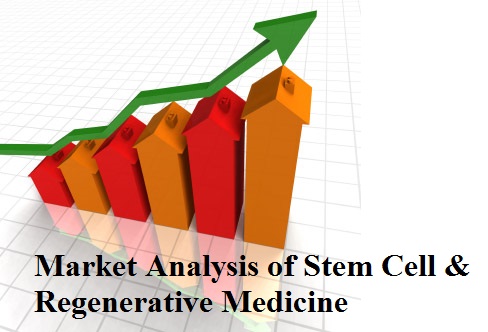
Sharmila Fagoonee
University of Turin, Italy
Title: Potentiality of spermatogonial stem cells in regenerative medicine
Biography
Biography: Sharmila Fagoonee
Abstract
Adult stem cells have gained in attractiveness over embryonic stem cells for liver cell therapy due to their origin, multipotentiality, and the possibility of autologous transplantation. In the last two decades, great strides have been made in spermatogonial stem cell research showing the potentiality of these stem cells in organ regeneration and in the field of regenerative medicine. Spermatogonial stem cells derived from post-natal or adult mice are capable of differentiating into spermatozoa in vivo. A spontaneous embryonic stem cell-like conversion is also observed in vitro in long-term cultures. These pluripotent spermatogonial stem cells can be induced to differentiate into cells of the three germ layers without ethical constraints. We have recently shown that functional hepatocytes can be derived from mouse pluripotent spermatogonial stem cells for in vitro and in vivo use. These cells can thus provide a very promising source of hepatocyte-like cells for the regeneration of damaged tissue and for restoring liver functionality.

